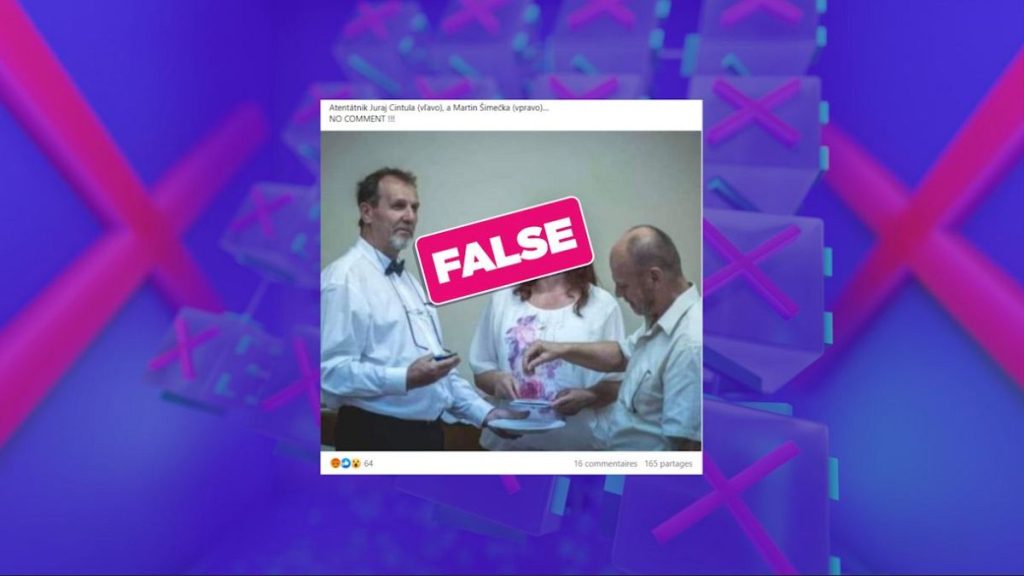Misinformation campaigns targeting EU leaders and the European Union have been on the rise ahead of the European elections. False narratives on social media range from attempts to discredit political rivals to misinformation about EU regulations. One recent example involves the shooting of Slovakia’s Prime Minister Robert Fico, with false claims circulating online about his alleged attacker being associated with the leader of the opposition party. Such misinformation poses a significant threat in the lead-up to the elections as voters may be swayed by false information.
In Poland, Prime Minister Donald Tusk has been the target of misinformation accusing him of attacking the notion of Polishness as an identity. A post on TikTok claims that Tusk referred to Polishness as an abnormality, but the quote was actually taken from an article he wrote over 40 years ago. Tusk’s article critically discusses the attitudes of Poles towards reality before affirming his own identification with his Polishness, especially during a time when Poland was a communist satellite of the Soviet Union. As a prominent pro-EU figure, Tusk is a key target for misinformation ahead of the elections.
The EU itself has also faced false narratives on social media, with claims that it has banned all cash payments over €100,000. While the EU has approved new anti-money laundering rules limiting cash transactions to €100,000 for professional traders, these restrictions do not apply to all transactions. The rules specifically target professional traders, prohibiting them from accepting or paying cash over €100,000, while excluding transfers between private individuals in a non-professional context. Accurate information is crucial in the lead-up to the elections to ensure that voters have the necessary knowledge to make informed decisions.
Social media platforms have played a significant role in the spread of misinformation, with false narratives targeting politicians and institutions. In the case of the shooting of Slovakia’s Prime Minister Robert Fico, claims associating his attacker with the leader of the opposition party were proven to be false, but not before spreading widely. Facebook has labeled certain posts containing false information, highlighting the importance of combatting misinformation online. With the European elections approaching, it is crucial for social media users to verify the accuracy of the information they share to prevent the spread of false narratives.
The attempt to falsely link the attack on Prime Minister Robert Fico with his political rivals highlights the danger of misinformation campaigns ahead of the European elections. False narratives can impact public perception and influence voter decisions, making it essential for accurate information to be shared in order to ensure a fair and transparent electoral process. As EU leaders and the European Union itself face mounting misinformation, it is important for social media users to critically assess the information they encounter and fact-check before sharing with others.
As the European elections draw near, the spread of misinformation targeting EU leaders and institutions has become increasingly prevalent. From false claims about Prime Minister Donald Tusk’s views on Polishness to misleading information about EU regulations, the proliferation of misinformation on social media poses a significant threat to the integrity of the electoral process. In order to combat the spread of false narratives, it is imperative for the public to verify the accuracy of information before sharing, and for social media platforms to take proactive measures to label and remove misleading content. With accurate information, voters can make informed decisions and uphold the democratic values of the European elections.


